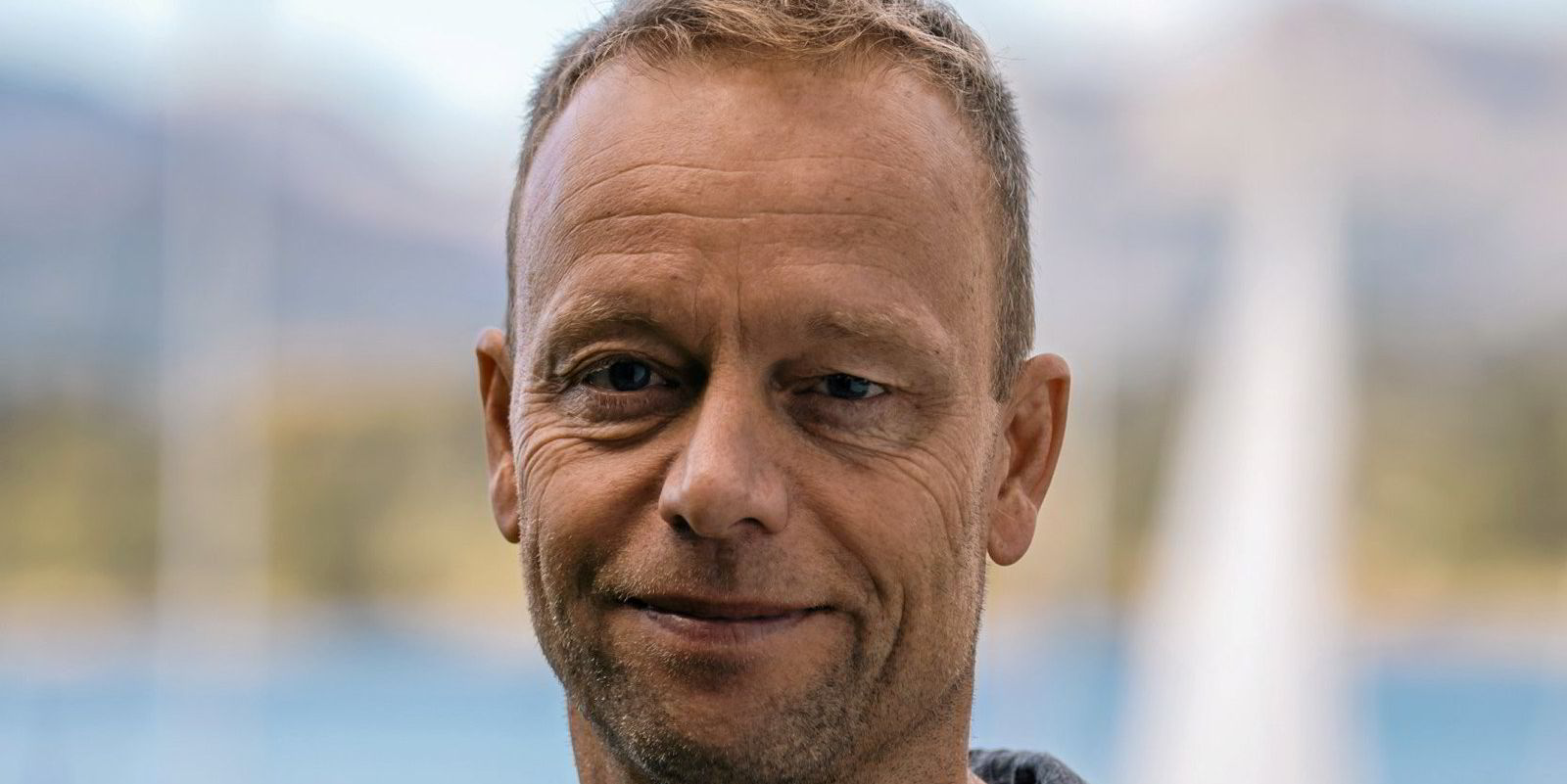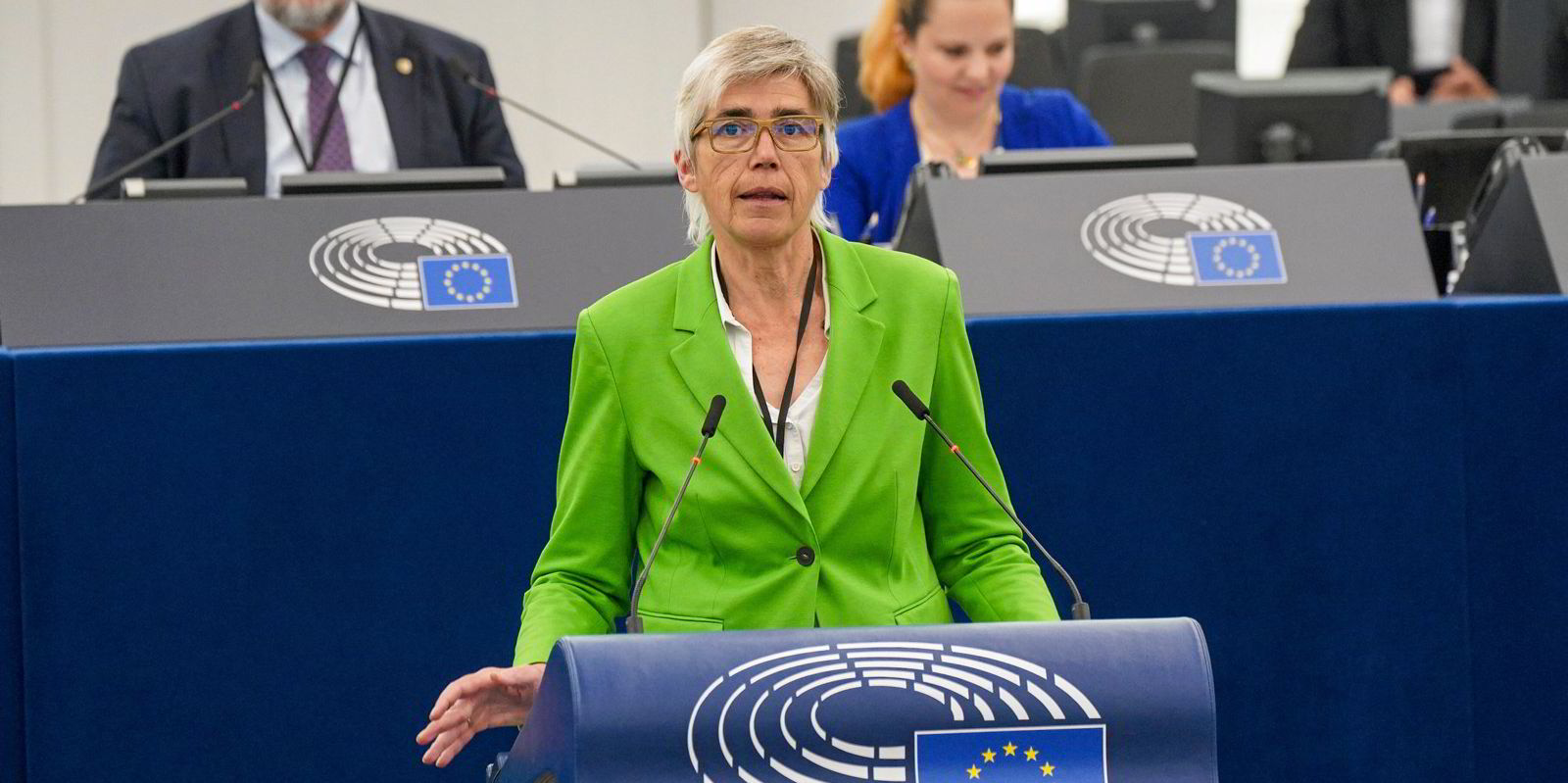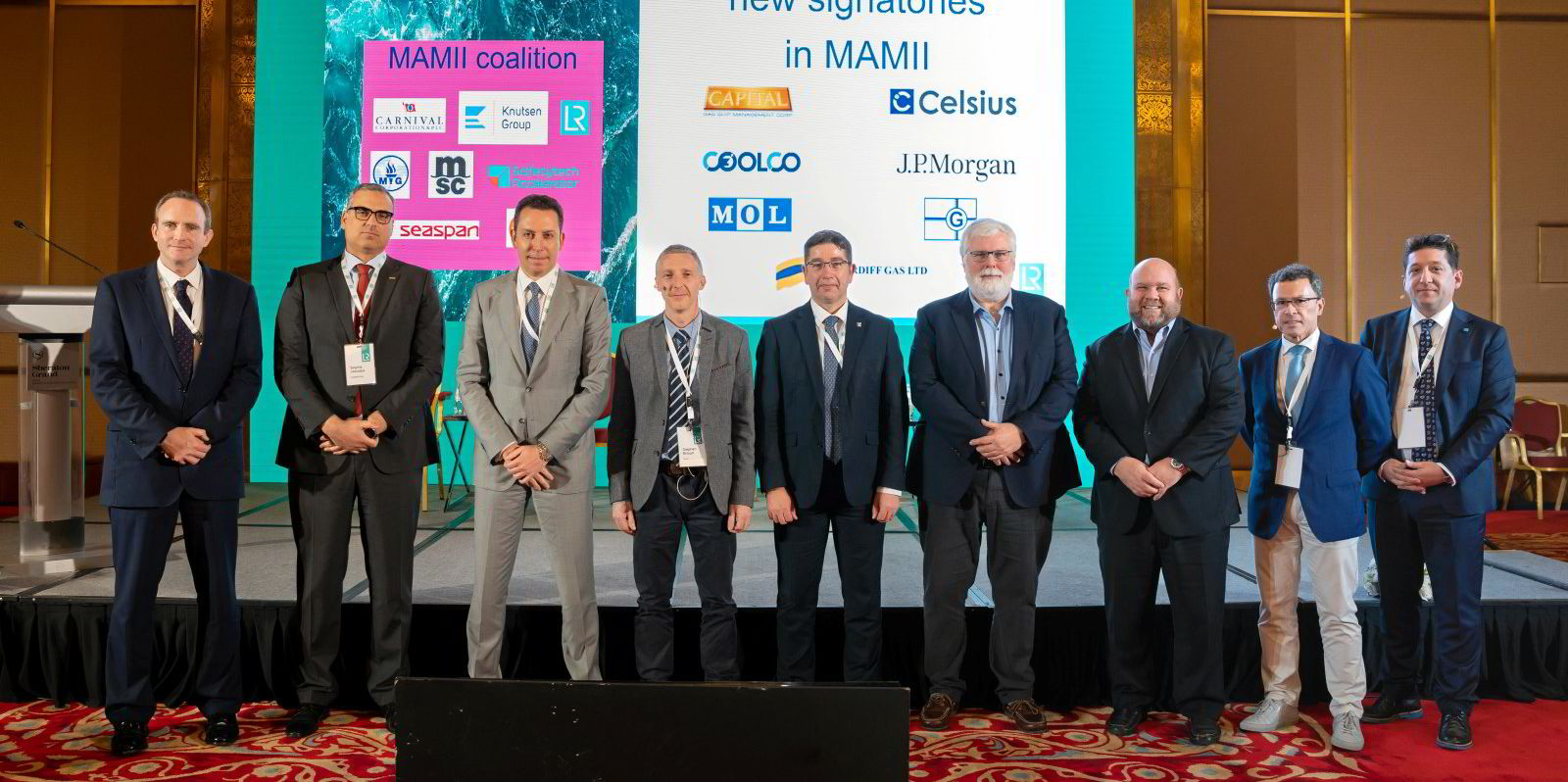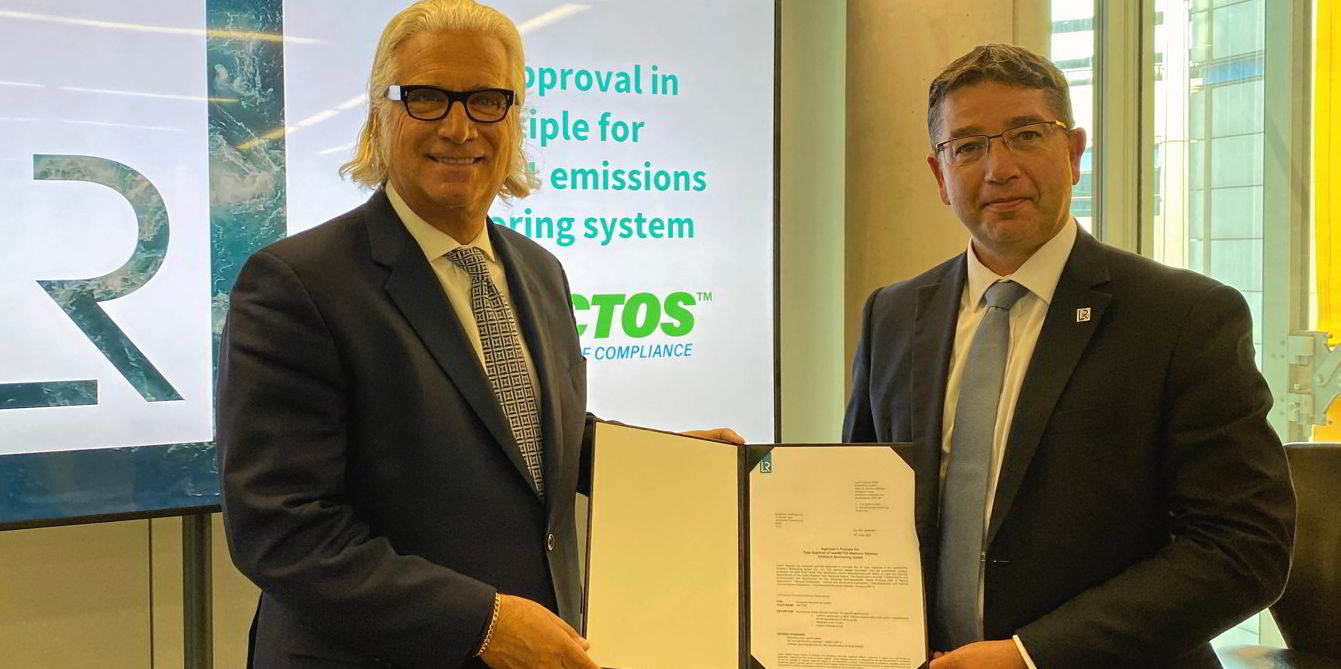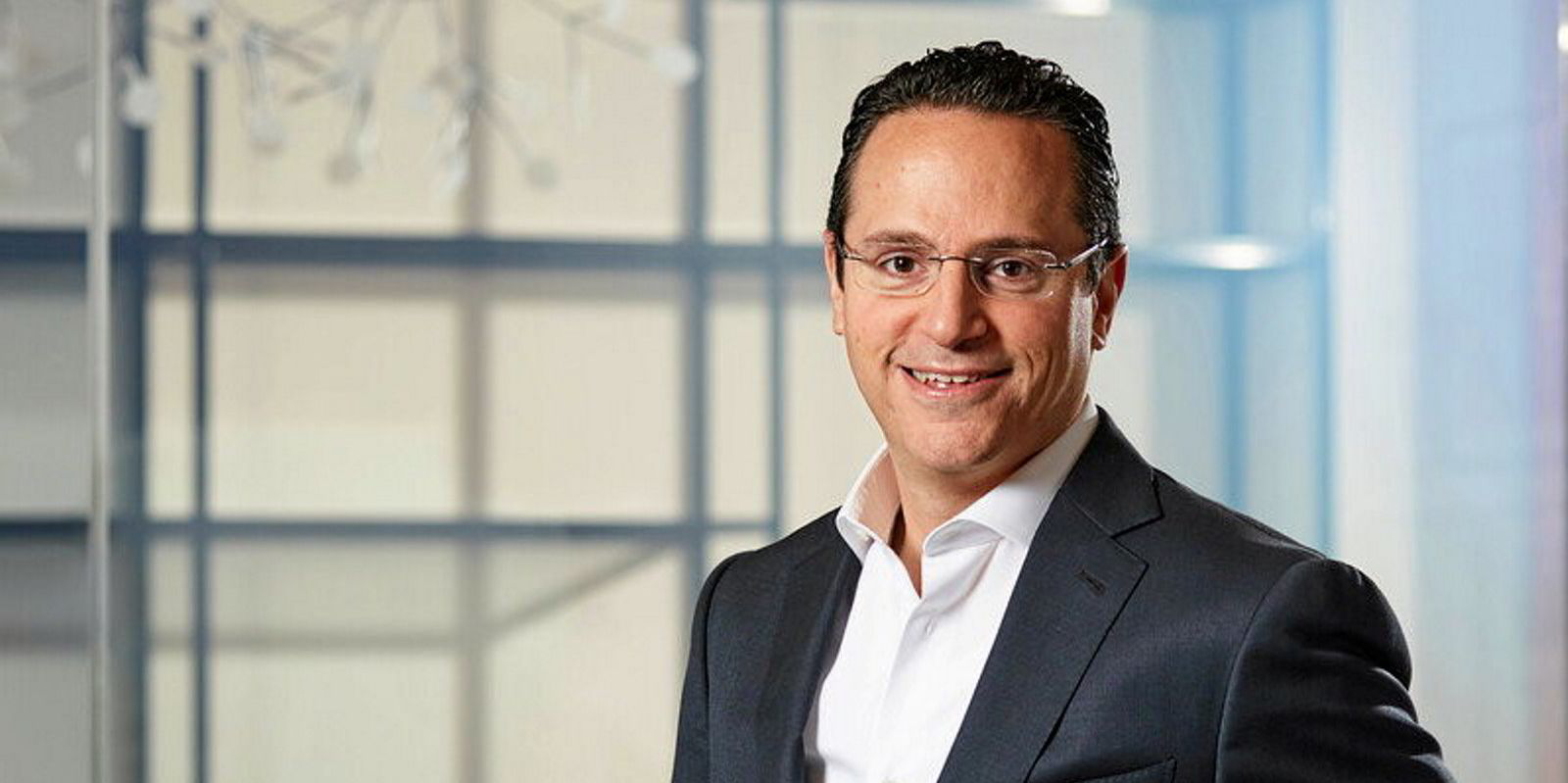Not-for-profit, independent methane certification company MiQ is on the hunt for LNG shipowners — but in a good way.
MiQ chief executive Georges Tijbosch said the company is looking for shipowners and operators prepared to take part in a pilot designed to measure and certify methane emissions from a voyage made from shipping US low methane-certified gas delivered to a buyer in Europe.
The aim is to give the landed emissions for the whole of the gas supply chain.
Shipping is one of the seven segments in that chain for which MiQ has developed standards for measuring methane emissions.
Tijbosch said the company has “a hypercomplex model” for shipping so that working with the buyer or seller of the LNG it can calculate the methane emissions from a vessel on a particular voyage taking into account the large number of variables such as passage duration and weather encountered.
The CEO said he accepts that industry players have been busy, particularly in the wake of Russia’s invasion of Ukraine. But he said: “I think it’s time the LNG shipping industry gets going as well.
“You are part of the chain. You are transporting it,” he said, assuring that the cost of doing this is “peanuts”. “We need to get moving forward there.”
Set up around three years ago, MiQ was formed from a partnership of energy-focused research body RMI, formerly the Rocky Mountain Institute, and sustainability consultancy Systemiq. It became the MiQ Foundation in late 2021.
Tijbosch said the original partners believed more transparency was required on methane emissions and there is a need to get markets involved as they are the more efficient route to making reductions happen.
MiQ is not-for-profit by design so it can be “the independent arbiter” on the methane emissions in what Tijbosch said is a “hotly contested world” around them.
Eclectic mix
Today MiQ — the name stands for “methane intelligence” although Tijbosch jokes it has been mistaken as a spin-off of the British Secret Service MI5 — is a team of around 15, described by the CEO as “an eclectic mix” of engineers, scientists and traders all of whom are experts in something.
He said this allows for a pragmatic approach as the team understands the complexity around emissions and measuring them while wanting to take a scientific view and work in markets.
In practice, the MiQ team certifies the assets of companies on their methane emissions.
- Methane accounts for just over 17% of greenhouse gases.
- It is a short-lived greenhouse gas, with an average lifetime in the atmosphere of about 12 years, but it is more potent than CO2, albeit over that shorter time frame. One tonne of methane generates about 28 times the amount of warming as the equivalent amount of CO2.
- So tackling methane emissions can present a quick-fire way to tackle greenhouse gas emissions.
The groundwork is done by specialised auditors approved by MiQ. The company also works with around 30 technology companies, which conduct the methane monitoring from kit used in flyovers, on-the-ground systems or drones.
Tijbosch believes it is key to do methane certification at asset and area level to properly determine emissions, rather than across companies where poorly emitting facilities might be rolled into averages.
The assets receive a grade ranging from A to F based on many inputs and the methane emissions are expressed in grams per metric million British thermal units. Each facility is then graded yearly, and verified monthly the basis of multiple checks and production figures.
F is “quite high”, Tijbosch said, indicating up to 2% of methane leakage although to date nothing has come in at this grade.
The grading has been designed for regulators to use, such as the equivalent of an energy labelling system.
Producers then receive digital certificates from MiQ on a registry.
Buyers can see the upstream methane emissions of the volumes being purchased, will have the certificates to prove this and can move forward with their Scope 3 emissions reporting, Tijbosch explained.
Big names
The large oil and gas producers have come on board.
Tijbosch said that from a standing start 18 months ago MiQ is now actively certifying around 200 billion cubic meters of US gas.
In total the company, which is currently certified in North America and aiming to expand to Europe and Asia in the future, now certifies close to 5% of global gas production and 20% of that from the US.
The company is working with big names such as ExxonMobil, BP, Repsol and Chesapeake Energy. But Tijbosch said the US’ largest LNG producer Cheniere Energy is a bit of an outlier in that it has opted to come up with its own emissions standards.
He said MiQ is seeing that just by going through the process of measuring, monitoring and certifying the methane emissions, companies are finding and addressing them.
Passion
Tijbosch formerly worked for BP in marketing and trading before moving on to roles with Goldman Sachs, JP Morgan and Centrica. He stepped away from work in 2016 until a former colleague asked for help in “solving methane” and now he said it has become his hobby and passion.
But he also has his frustrations.
“I'm disappointed by the industry at the moment for being slow on this.”
He wants to see LNG players start buying and trading certified gas and going public about it.
“It’s like, ‘Guys get on with it. It works’.”
He said the LNG industry in particular has suffered from wanting to protect its information and is lagging behind upstream gas producers.
This is forcing them to open their books but that is where the world is going on emissions, he said.
Tijbosch urges shipowners transporting or burning LNG as fuel to get ahead and tackle their methane emissions. This is not going away because its Scope 1 emissions, he said, so you have got to solve it, or risk getting a bad reputation.
Ultimately, he hopes for a market where players want to know this information just like they do on other factors like price, deliverability and optionality.
“What I want to see is cargoes competing for being lower methane or lower carbon rather than only competing on price,” he said. “We’re giving them the tools. Now it’s up to the markets to use them.”
MiQ and Highwood Emissions Management have recently published the first open-access, methane intensity index for the US natural gas sector — the MiQ-Highwood Index.
Based on measurement data, this gives the average methane emissions across the US and shows a 2.2% leakage across the country, MiQ chief executive Georges Tijbosch explained.
But Tijbosch highlighted that this is before the gas is put into a liquefaction plant, shipped as LNG and then regasified.
By the time the gas reaches Europe, the figure is closer to 3%, he said.
Tijbosch claims MiQ was the first to go public and that it was going to solve the methane problem by 2030.
Solving means about 80% of the problem is gone, he qualified, adding that this is equivalent to taking a billion cars off the road per year, which “outstrips any other sustainability goal”.
“It’s kind of the lowest-hanging fruit there is out there. All the technologies are there. The impact is just huge. So there is almost no excuse.”
